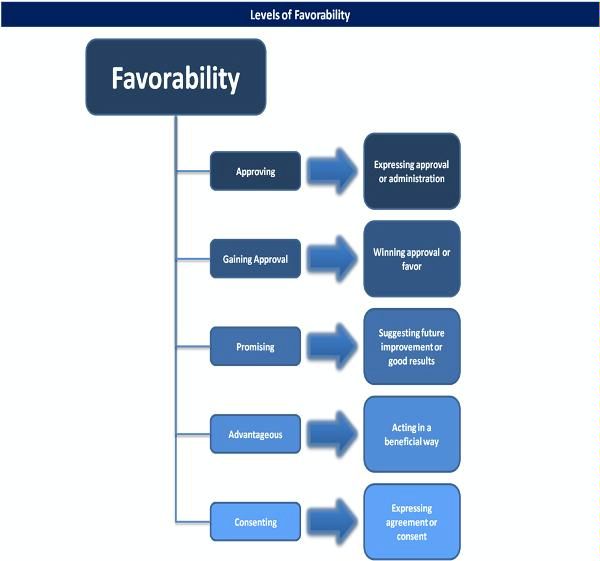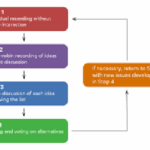The favorability principle is a key concept in employment law that dictates that when there are multiple sources of regulation governing an employment relationship—such as statutory provisions, collective bargaining agreements, works agreements, or individual employment contracts—the most favorable arrangement for the employee typically applies.
Key Points of the Favorability Principle:
-
Hierarchical Application of Rules: In the case of conflicting provisions between these different sources of law or agreements, the rule that is most beneficial to the employee takes precedence. This ensures that employees are protected and are granted the most advantageous terms available to them under the law.
-
Employee-Centered Protection: The principle is designed to offer maximum benefit and protection to employees by allowing them to benefit from the best possible conditions, whether related to wages, working hours, benefits, or job security.
-
Common in European Labor Laws: The favorability principle is particularly prevalent in European labor laws, where it serves to protect workers from unfavorable clauses in contracts or agreements that might otherwise limit their rights.






![15 Employee Offboarding Templates That Save Hours of HR Time [Free Downloads] 15 Employee Offboarding Templates That Save Hours of HR Time [Free Downloads]](https://i1.wp.com/www.hrcloud.com/hubfs/Header.png?w=150&resize=150,100&ssl=1)
